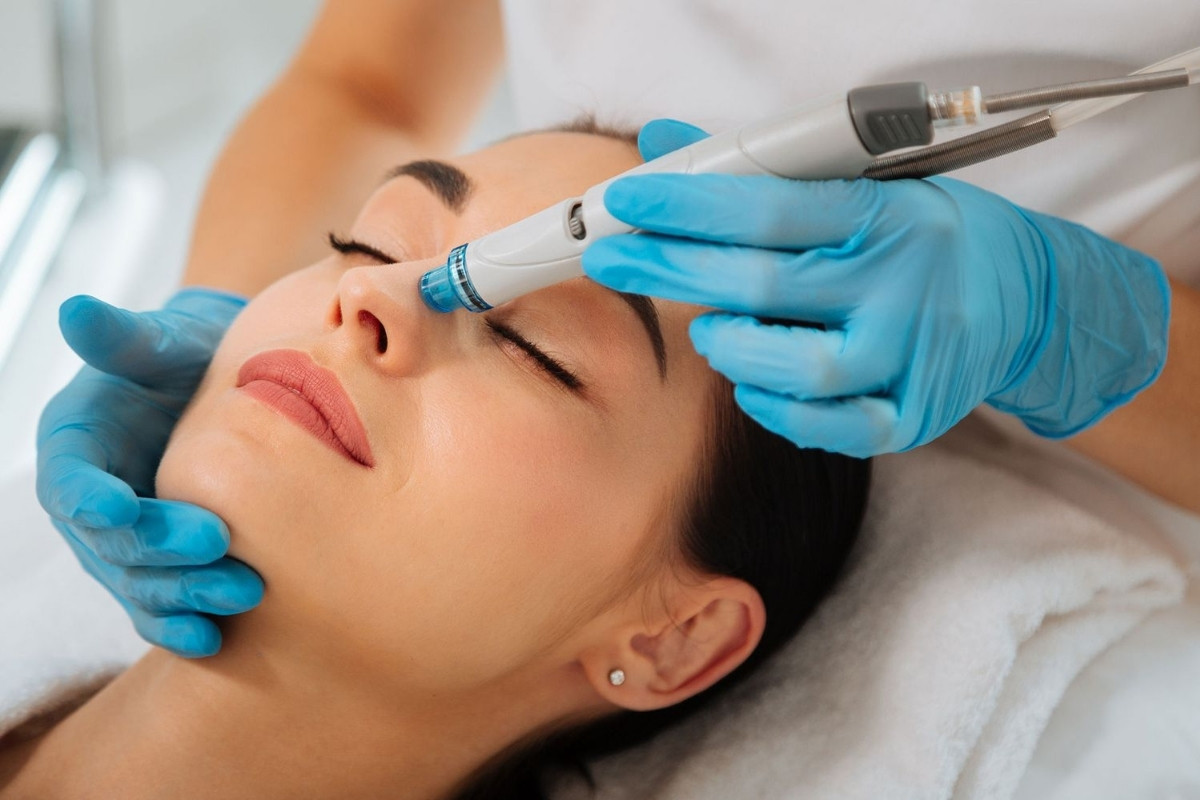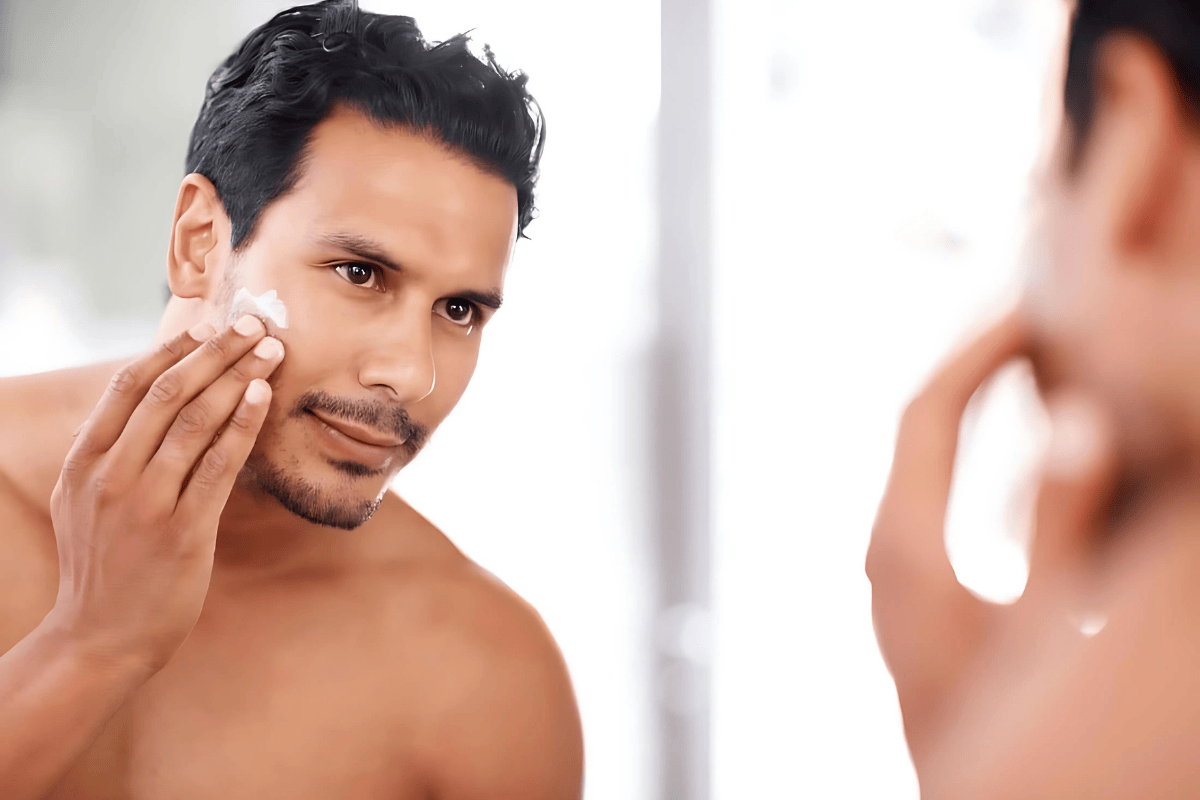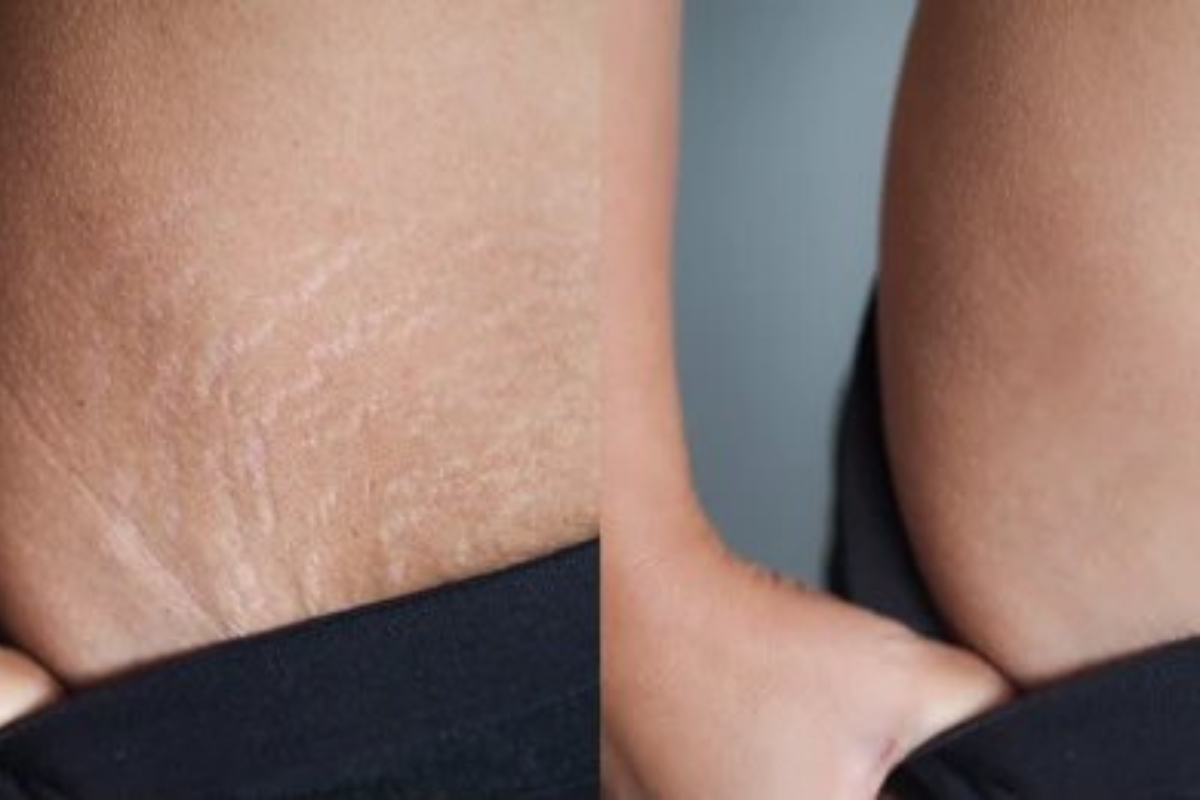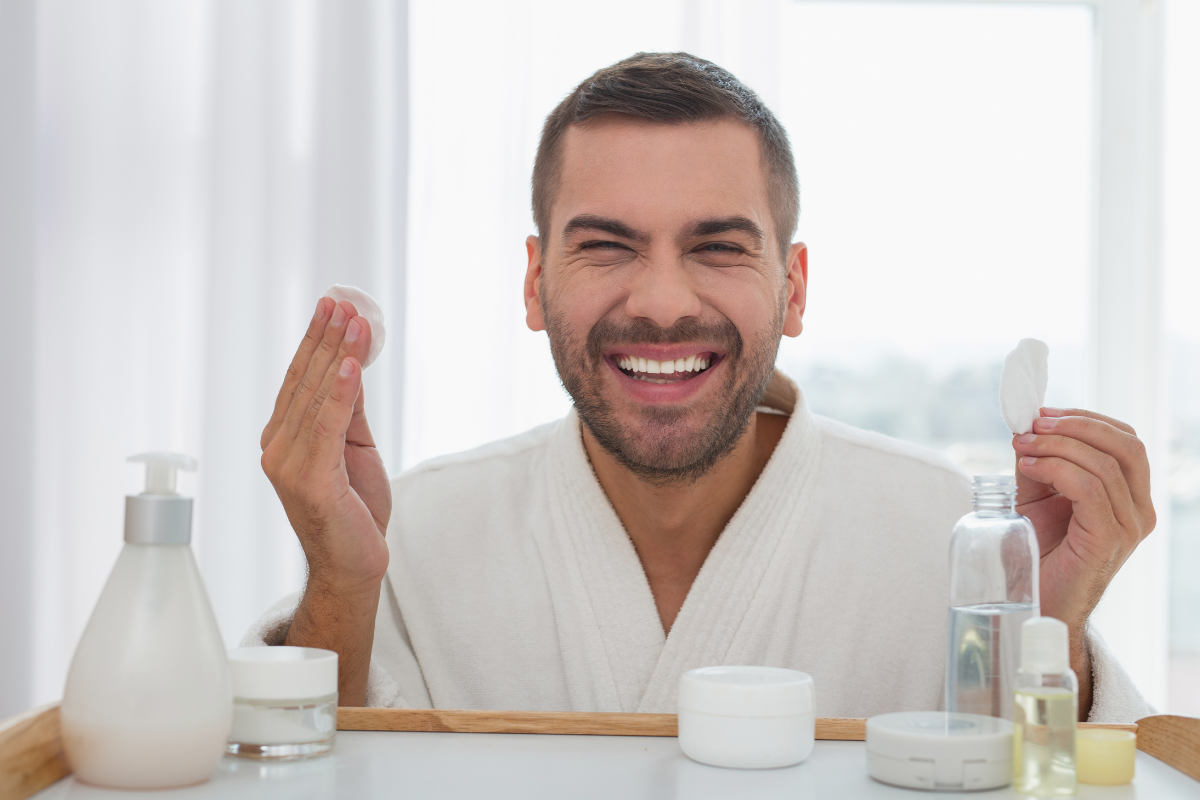Unlock the Secrets to Flawless Skin: Find the Best Skin Specialist Near You
Flawless skin is more than just a dream—it’s a reflection of good health and proper care. Finding the right skin specialist can make a world of difference in achieving and maintaining radiant skin. In...
_20250206112717.png)









 Chat with us
Chat with us